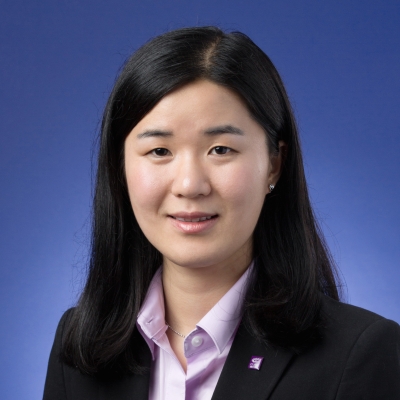- ABOUT JNU
- ADMISSION
-
ACADEMICS
- Schools and Colleges
-
Departments and Programs
- Arts College of
- Chinese Language and Culture College of
- Economics College of
- Electrical and Information Engineering College of
- Foreign Studies College of
- Information Science and Technology College of
- Environment School of
- Humanities School of
- International Business School
- International Studies School of
- Journalism and Communication College of
- Law School
- Liberal Arts College of
- Life Science and Technology College of
- Management School of
- Marxism School of
- Medicine School of
- Pharmacy College of
- Physical Education School of
- Science and Engineering College of
- Shenzhen Tourism College
- Research Institute
- Research Center
- Programs in English
- Majors
- Study Abroad
- Online Learning
- RESEARCH
- CAMPUS LIFE
- JOIN US
Lecture: Human Capital and Directed Technology Change: Evidence from China's College Expansion
Speaker:Xiaoyu Xia
Venue:Conference Room 106B,Zhonghui Building,2017
Date:March 10th
Time: 13:30-15:00
Sponsor:Institute for Economic & Social Research
Topic: Human Capital and Directed Technology Change:Evidence from China's College Expansion
Xiaoyu Xia an assistant professor in Decision Science and Managerial Economics Department in Business School of the Chinese University of Hong Kong. Before joining the CUHK, she received my Ph.D. in Economics from University of California, Berkeley and my B.A. from Peking University in China. Her research interests span the fields of labor economics and applied econometrics. Her current projects focus on the education, marriage and working decision of young workers.

Abstract: A prominent change in the wage structure observed in many countries is the increasing college wage premium. The increasing college premium often parallels with the rise of relative supply of college workers. The consensus in the literature is that recent technical change favors highly educated workers, thus the shift of relative demand for college educated workers drives the supply and the wage premium of college workers. However, another explanation for this parallel trend is that technological innovations respond to the change in the composition of labor force. To investigate the linkage between human capital investment and skill-biased technology changes, this paper adopts the theoretic framework of Acemouglu (1998) to explore whether a policy aimed at substantially increasing rates of post-secondary education can direct technology adoption in an economy. Our empirical work, which exploits the exogenous variation in college expansion across cities in China since 1999, finds economically significant and robust effects of the enlarged college-educated labor force on the development of firms that are in human capital intensive sector. In particular, we find the increased college-educated workers ratio in a city stimulates the capital accumulation, R&D expenditure and machinery imports among manufacturing firms in high-skill sector but not among those in low-skill sector. These findings are consistent with the directed technical change mechanism but cannot be explained by the trend of international trade or internal migration in China.
Events
- About the University
- Quick Links
- IPR Symposium in the Great Bay Area 2025 International Workshop on Intellectual Property in Guangdong Enrollment Guide
- |
- 【IESR Seminar 440】Maggie Rong Hu
- |
- 【IESR Seminar 380】Religiosity and Crime: Evidence from Pope Francis's Visit to Philadelphia
- |
- Seminar | Jiangmin Xu, Peking University
- |
- Faking Trade for Capital Control Evasion: Evidence from Dual Exchange Rate Arbitrage in China
- |
- The Value of Infrastructure and Market Integration: Evidence from Renewable Expansion in Chile
- |
Copyright © 2016 Jinan University. All Rights Reserved.




